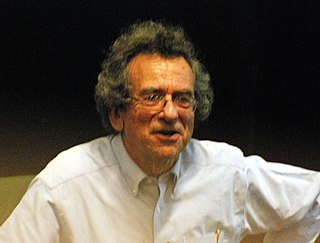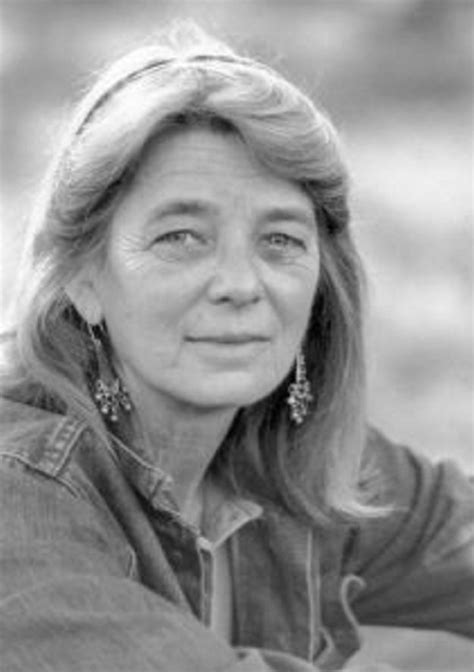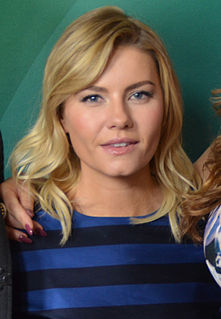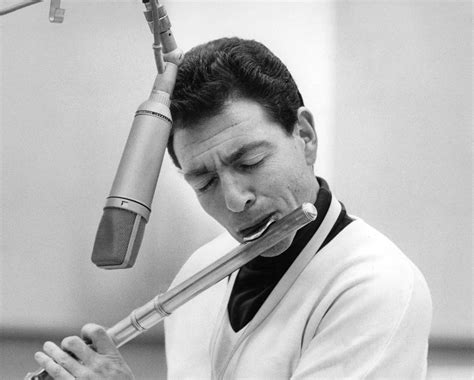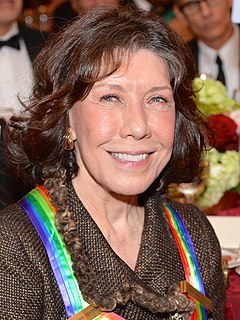A Quote by David Mermin
Over the past fifty years or so, scientists have allowed the conventions of expression available to them to become entirely too confining, too confining. The insistence on bland impersonality and the widespread indifference to anything like the display of a unique human author in scientific exposition, have transformed the reading of most scientific papers into an act of tedious drudgery.
Related Quotes
Unfortunately, there is something of a flaw in this idealized picture of the way the scientific community discovers truth. And the flaw is that most scientific work never gets noticed. Study after study has shown that most scientific papers are read by almost no one, while a small number of papers are read by many people.
Part of the appeal was that Medawar was not only a Nobel Laureate, but he seemed like a Nobel Laureate; he was everything one thought a Nobel Laureate ought to be. If you have ever wondered why scientists like Popper, try Medawar's exposition. Actually most Popperian scientists have probably never tried reading anything but Medawar's exposition.
Science has long been in the value business. Despite a widespread belief to the contrary, scientific validity is not the result of scientists abstaining from making value judgments; rather, scientific validity is the result of scientists making their best efforts to value principles of reasoning that link their beliefs to reality, through reliable chains of evidence and argument.
The responsibility for the creation of new scientific knowledge - and for most of its application - rests on that small body of men and women who understand the fundamental laws of nature and are skilled in the techniques of scientific research. We shall have rapid or slow advance on any scientific frontier depending on the number of highly qualified and trained scientists exploring it.
Nothing gives us greater pride than the importance of India's scientific and engineering colleges, or the army of Indian scientists at organizations such as Microsoft and NASA. Our temples are not the god-encrusted shrines of Varanasi, but Western scientific institutions like Caltech and MIT, and magazines like 'Nature' and 'Scientific American.
I think I got a complete picture of what the lives of scientists are like. My father is of the opinion that if scientists are allowed to follow their nose, eventually it results in something. Unfortunately that doesn't always happen. What I came out of it with, in a non-cynical way, was that the scientific process is as messy as anything else. There's nothing wrong with that. That's just the way it is.
Of all human activities, writing is the one for which it is easiest to find excuses not to begin – the desk’s too big, the desk’s too small, there’s too much noise, there’s too much quiet, it’s too hot, too cold, too early, too late. I had learned over the years to ignore them all, and simply to start.
